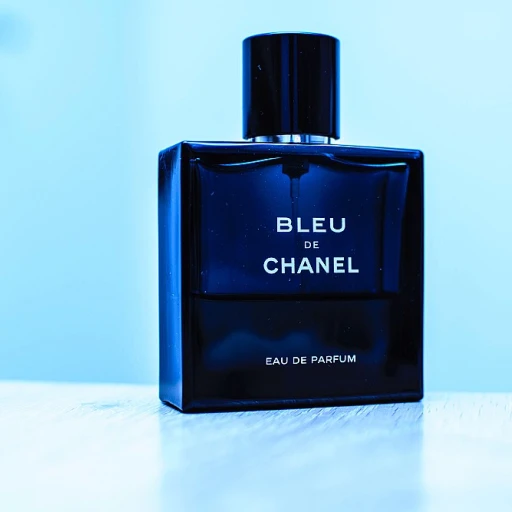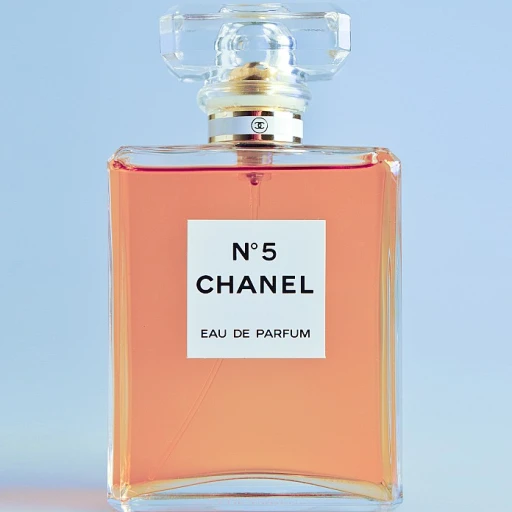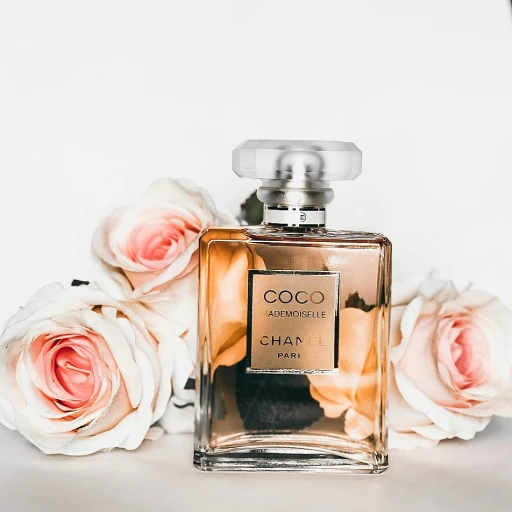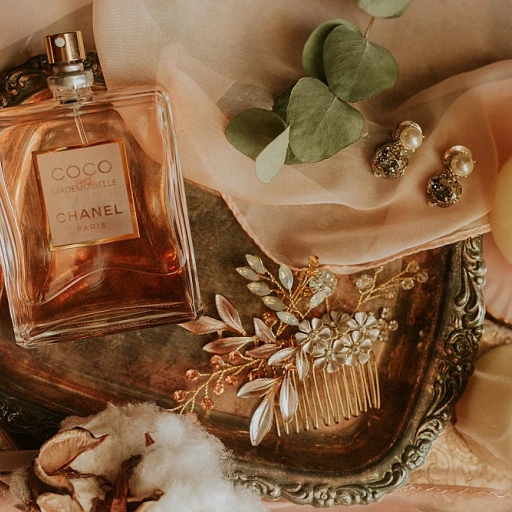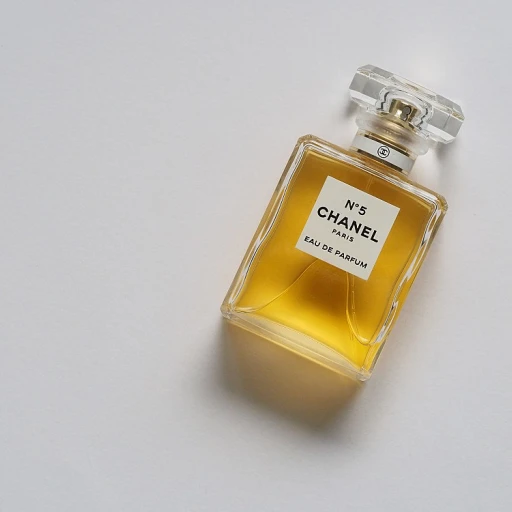
The emotional power of coconut scent on skin and in space
Coconut scent speaks directly to memory, comfort, and sensuality. When a coconut fragrance wraps the body in a soft mist, it often recalls beaches, warm sand, and a carefree tropical state of mind. This emotional pull explains why coconut fragrances remain among the best selling summer styles in both niche and mainstream perfumery.
On skin, a well balanced coconut scent can feel sweet yet airy, never cloying. Perfumers often pair coconut fragrance with creamy vanilla, airy musks, or solar florals to create a fragrance body that feels both intimate and expansive. The same coconut fragrances can be translated into room sprays or reed diffusers, allowing the scent to move from hair and body to the entire home.
Many enthusiasts first approach coconut through a simple body spray or body mist. These formats offer a free and playful way to test how different coconut scents behave on the body during summer heat. Later, they may purchase a more concentrated eau parfum or eau toilette, seeking a coconut scent that projects well yet still feels elegant.
Beyond personal wear, coconut fragrance appears in wax melts and room sprays that perfume living spaces. Coconut wax melts release a sweet tropical scent slowly, while reed diffusers provide a constant, gentle background fragrance. This versatility makes coconut a product family rather than a single note, spanning hair body mists, hydrating body care, and sophisticated fine fragrance.
From beach fantasy to fine fragrance: how perfumers sculpt coconut
Modern perfumers treat coconut scent as both a gourmand note and a solar accord. In fine fragrance, coconut fragrance can suggest sun warmed skin rather than a literal coconut body cream, especially when blended with tiare, ylang ylang, or salty notes. This shift from obvious sweetness to nuanced sensuality has elevated coconut fragrances into serious perfume collections.
In lighter formats such as body mist or hair body spray, perfumers often emphasize the sweet and tropical facets. A coconut body mist layered over hydrating body lotion or body butter can create a cocooning effect that lasts surprisingly well. When the same coconut scent is translated into eau parfum, the structure becomes more complex, with woods, musks, or amber supporting the creamy heart.
Price plays a subtle role in how coconut scent is perceived as either playful or luxurious. Affordable body spray products often highlight a straightforward sweet coconut fragrance that pleases immediately and works well for casual summer days. Higher price niche eau parfum compositions may explore smoky, salty, or lactonic aspects of coconut fragrances, appealing to collectors who read detailed reviews and compare mist stars ratings.
For those interested in the artistry behind such evolutions, the history of legendary houses shows how tropical notes entered high perfumery. A detailed perspective on this creative journey can be found in analyses of a legendary fragrance house and its craftsmanship. Coconut scent, once confined to simple summer sprays, now stands proudly beside classic florals and woods in curated wardrobes.
Texture, care, and layering: building a coconut ritual for body and hair
For fragrance lovers, coconut scent is rarely just a single spray. It becomes a full body and hair ritual, where each product adds a new layer of coconut fragrance and texture. This approach transforms a simple tropical note into a complete sensory wardrobe that feels both indulgent and practical.
Many start in the shower with a coconut scented body scrub that polishes the skin. A cream body wash followed by hydrating body lotion or rich body butter helps the coconut scent cling well to the body. When a matching body spray or body mist is applied afterward, the coconut fragrance lasts longer and feels more three dimensional.
Hair body mists infused with coconut scent add another sensual dimension. A light mist on hair releases sweet tropical scents with every movement, especially in summer air. Perfumers often design these hair body products with lower alcohol and conditioning ingredients, so the fragrance feels weightless yet present.
For those who enjoy Parisian style elegance, layering coconut fragrances can still feel refined. A guide to the artistry of Parisian perfumers shows how even playful notes like coconut can be handled with restraint and sophistication. By combining a subtle eau toilette with a matching coconut body lotion and a delicate hair body mist, the result is a polished coconut scent that moves gracefully from day to evening.
Home as a tropical sanctuary: coconut scent beyond the skin
Coconut scent does not need to stop at the pulse points. Many fragrance enthusiasts extend their love of coconut fragrances into the home, turning living spaces into gentle tropical sanctuaries. The same sweet and creamy character that flatters the body can feel welcoming when diffused in the air.
Wax melts with coconut fragrance offer a controlled way to perfume a room. As the wax melts slowly, the coconut scent mingles with vanilla, woods, or even citrus, creating scents that feel both cozy and uplifting. Reed diffusers with coconut fragrances provide a more constant background, ideal for entryways or bedrooms where a soft tropical scent is desired all day.
Room sprays allow for quick adjustments, especially when guests arrive. A few sprays of a coconut fragrance body mist adapted for interiors can refresh textiles and air without overwhelming. Some enthusiasts even coordinate their personal coconut scent with matching room sprays, creating a seamless olfactory identity between body and space.
For collectors of beautiful objects, the vessel can be as important as the fragrance. The artistry of a crystal fragrance bottle elevates a simple coconut scent into a decorative centerpiece. Whether the product is an eau parfum, an eau toilette, or a humble room spray, thoughtful design and a well crafted coconut fragrance turn the everyday into a quiet luxury.
Evaluating quality: notes, performance, and the language of reviews
For those who adore coconut scent, understanding quality goes beyond liking a sweet tropical impression. Enthusiasts read reviews carefully, comparing how well a coconut fragrance projects, how long it lasts on the body, and whether the drydown feels smooth or synthetic. Mist stars ratings and detailed comments often reveal whether a coconut body mist or body spray performs as promised.
Performance can vary widely between formats such as body mist, eau parfum, and eau toilette. A light body spray may feel free and refreshing but fade quickly, while a concentrated eau parfum with coconut fragrances can last many hours and cling well to hair and clothing. Evaluating price against performance helps determine which product offers the best value for a given coconut scent wardrobe.
Texture in supporting products also influences perception of quality. A hydrating body lotion or cream body treatment that carries coconut fragrance evenly can make the scent feel more luxurious. When paired with a matching body scrub and body butter, the overall coconut fragrance experience becomes richer, and reviews often highlight how well coconut notes remain present throughout the day.
Serious collectors often keep notes on different coconut fragrances they test. They compare how wax melts, room sprays, and reed diffusers express the same coconut scent in varied intensities and contexts. Over time, this attention to detail refines their sense of what makes a coconut fragrance body product truly stand out among the best tropical scents available for purchase.
Choosing the right coconut scent for your style and season
Selecting the best coconut scent means aligning fragrance, texture, and context with personal style. For daytime in summer, many prefer a light coconut body mist or hair body spray that feels free and effortless. In cooler evenings, a denser eau parfum or eau toilette with coconut fragrances, woods, and amber can feel more sensual and enveloping on the body.
Skin type and lifestyle also influence which coconut fragrance format works well. Those with dry skin may gravitate toward hydrating body products such as cream body treatments, body butter, or rich body lotion infused with coconut scent. Oily skin types might prefer a sheer body spray or fragrance body mist that adds sweet tropical scents without extra weight.
Home fragrance choices follow similar logic, balancing intensity and comfort. Wax melts and reed diffusers with coconut fragrance can create a constant tropical backdrop, while room sprays allow for quick adjustments before guests arrive. Many enthusiasts coordinate their personal coconut scent with home products, so the transition from body to space feels harmonious and intentional.
Ultimately, a well chosen coconut scent should feel like an extension of the wearer rather than a costume. When price, performance, and texture align, coconut fragrances can move gracefully from beach to city, from casual days to elegant evenings. By listening to reviews, testing multiple scents, and paying attention to how coconut behaves on hair, body, and in the air, fragrance lovers build a nuanced, deeply personal coconut wardrobe.
Key statistics on coconut scent in fragrance and home products
- Data on coconut fragrance usage in fine perfumery shows a steady increase in launches featuring coconut notes across both eau parfum and eau toilette formats.
- Consumer surveys indicate that coconut scent ranks among the top preferred tropical scents for summer body mist, body spray, and hydrating body care.
- Market analyses reveal strong growth in home fragrance segments using coconut fragrances, including wax melts, room sprays, and reed diffusers.
- Online reviews and mist stars ratings consistently highlight coconut body products as offering high perceived value relative to price in the gourmand fragrance category.
Questions people also ask about coconut scent
How can I make a coconut scent last longer on my body ?
Apply a coconut scented body scrub in the shower, then use hydrating body lotion or cream body products before spraying your chosen coconut fragrance. Layer a matching body mist or body spray over these textures, and add a light mist on hair body for extra diffusion. This combination helps the coconut scent cling well and evolve beautifully throughout the day.
What is the difference between coconut body mist and coconut eau parfum ?
Coconut body mist and body spray are lighter, more diluted formats designed for generous, free application on the body and hair. An eau parfum with coconut fragrances contains a higher concentration of aromatic compounds, offering stronger projection and longer wear. Many enthusiasts use body mist for casual summer moments and reserve eau parfum for occasions that require more presence.
Are coconut fragrances suitable for all seasons or only for summer ?
Coconut scent is strongly associated with tropical summer imagery, but it can work well year round when composed thoughtfully. In cooler months, coconut fragrances blended with woods, amber, or spices feel cozy rather than beachy. Choosing richer textures such as body butter, cream body treatments, and deeper eau parfum formulas helps coconut transition elegantly beyond summer.
How do I choose the best coconut fragrance for my home ?
Consider the size of your space and the intensity you prefer before purchase. Wax melts and reed diffusers with coconut fragrance provide a steady, moderate scent, while room sprays offer quick bursts of sweet tropical notes when needed. Reading reviews and checking mist stars style ratings can guide you toward coconut fragrances that perform well in real homes.
Can I layer different coconut scents without overwhelming the senses ?
Layering works best when you keep a single coconut theme but vary textures and concentrations. Start with subtle hydrating body products such as lotion or body butter, then add a gentle body mist and finish with a small amount of eau toilette or eau parfum. This approach keeps the coconut scent coherent and elegant, avoiding an overly sweet or heavy impression.



